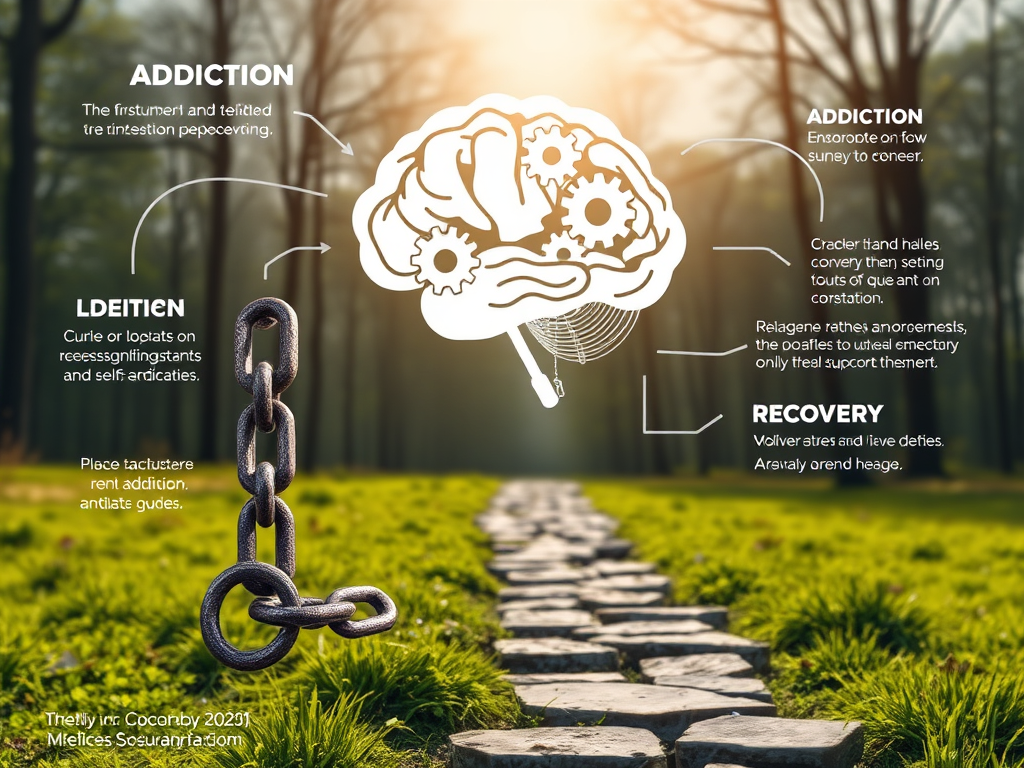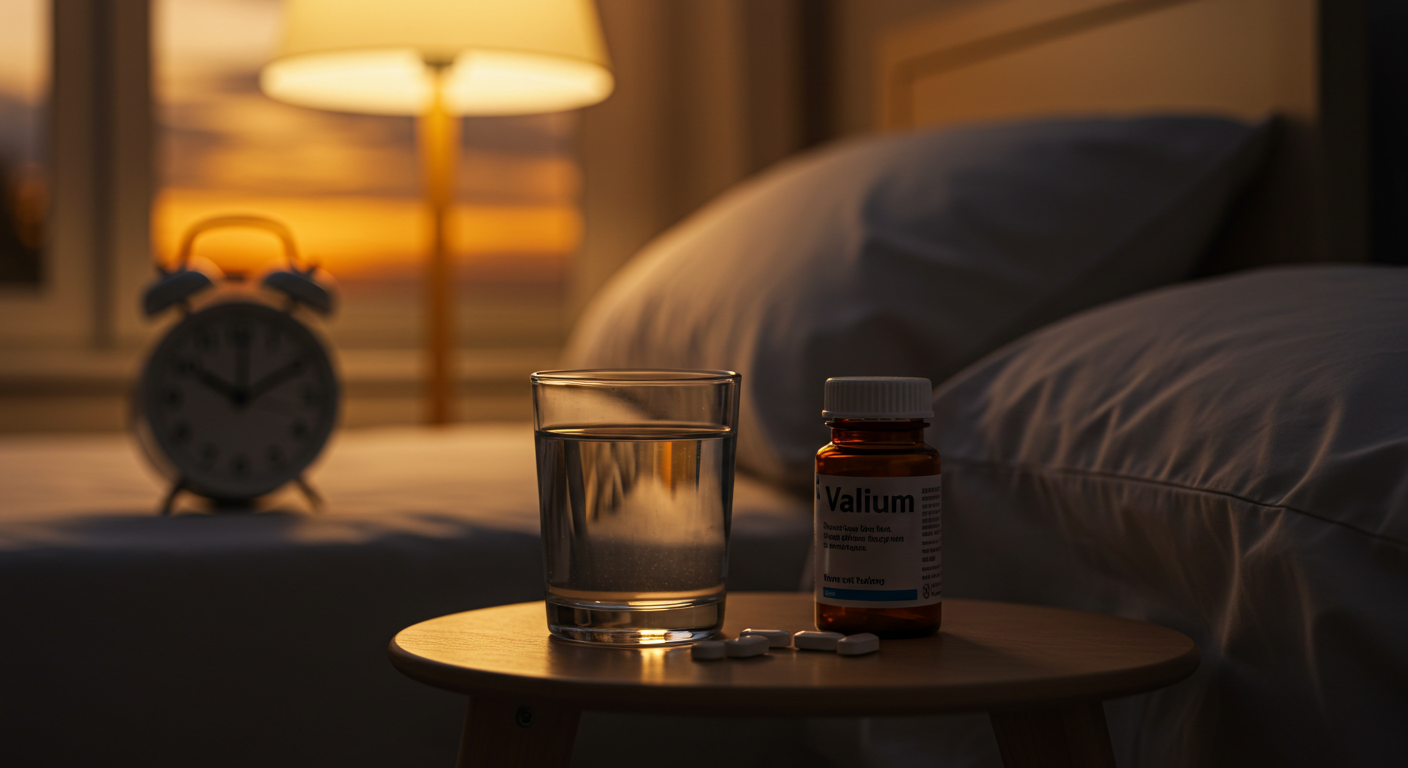What Makes PCP Different from Other Hallucinogens in Your System?

Some substances don’t just change how you feel, they change how you see the world entirely. That’s the reality of hallucinogens. But among them, one name stands out, often wrapped in fear, mystery, and misinformation, PCP.
If you or someone close to you has ever had an encounter with PCP, you already know it’s not your average party drug. It’s intense, unpredictable, and sticks around in your system longer than many expect. So what really makes PCP different from other hallucinogens?
Let’s dive into the specifics in a way that’s easy to understand even if this topic is entirely new to you.
PCP Is Both a Hallucinogen and a Dissociative
Most people lump all mind altering drugs into the same bucket. But not all hallucinogens are created equal.
PCP (phencyclidine) is unique because it’s a dissociative anesthetic, not just a hallucinogen. While LSD or psilocybin (magic mushrooms) primarily distort your perception like colors shifting, patterns dancing, or emotions intensifying PCP does that plus detaches you from your body and environment.
Imagine watching yourself from outside your body or feeling like nothing around you is real. That’s the dissociative effect kicking in.
It’s one of the key reasons PCP experiences can go from confusing to downright terrifying.
“The most dangerous drug isn’t always the strongest, it’s often the most unpredictable.”
It Stays in Your System Longer Than Most Think
This is where PCP truly sets itself apart. Unlike many other hallucinogens that exit your body within a day or two, PCP can linger for days or even weeks, depending on how much and how often it was used.
Your body stores PCP in fat cells, slowly releasing it over time. So even if someone hasn't taken it recently, it might still show up in drug tests or cause flashback-like symptoms later.
If you're curious about how long PCP stays in your system (or you're concerned about a loved one), this helpful guide on PCP in your system offers a deep dive into what to expect.
Whether you’re just trying to understand or seeking support, that resource can help clear up a lot of confusion.
The Risks Are Much Higher Than Other Psychedelics
A trip on mushrooms might get weird. An acid trip might feel like a dream. But a bad PCP trip can turn dangerous fast. This drug can trigger violent behavior, paranoia, or complete detachment from reality. In some cases, people don’t feel pain at all, which leads them to harm themselves without even realizing it.
Here’s the scary part, because of its numbing effects, many users underestimate their injuries or act out in ways that are totally out of character. Other hallucinogens, while not without their risks, don’t usually provoke this level of unpredictable behavior.
PCP Withdrawal Can Be Intense and Long Lasting
Unlike LSD or magic mushrooms, PCP can lead to physical and psychological dependence. That means when someone stops taking it, they might go through withdrawal symptoms.
These can include,
- Depression
- Memory problems
- Speech difficulties
- Intense cravings
- Confusion or agitation
And it doesn’t end in a day or two. PCP withdrawal can last weeks, making it a tough road to walk alone. If you're supporting someone through recovery or going through it yourself, it's essential to find a treatment plan that addresses both the physical and mental side of addiction.
For more in depth and credible information, sites like MedlinePlus.gov offer valuable insights into the symptoms and treatments related to hallucinogenic drug use.
It’s Often Mixed with Other Substances Without You Knowing
Here's something most people don’t realize, PCP is often laced into other drugs like marijuana, LSD, or ecstasy without the user knowing. That means someone might think they’re just having a chill night with friends and end up with a completely different experience, one they’re not prepared for at all.
This “surprise” factor is one reason PCP sends so many people to the ER. You might not even know you took it until it's too late. If a reaction feels extreme, disconnected, or physically painful, it could be something far more powerful than expected.
Testing for PCP Requires Special Attention
Because of how long it can linger and how it's metabolized, PCP drug testing isn’t always straightforward. While other hallucinogens like LSD leave your system in a matter of hours, PCP might be detectable in urine for up to 30 days especially in regular users.
Blood and saliva tests are also possible but have shorter detection windows. That’s why testing for PCP isn’t just about knowing if someone used it, but when and how long ago. It plays a crucial role in everything from medical care to legal matters.
Final Thoughts…
PCP isn’t just another psychedelic, it’s powerful, long-lasting, and potentially dangerous. Its effects can linger, impacting your mind, emotions, and body far beyond the initial high. If you or someone you care about is struggling with PCP use, you’re not alone. Understanding the risks is the first step toward real support and healing.
You don’t have to face this in silence. Many treatment centers now offer personalized care for PCP addiction, addressing both the physical symptoms and emotional toll. With the right help, recovery isn’t just possible, it’s within reach. The sooner you reach out, the sooner healing can begin.
Note: IndiBlogHub features both user-submitted and editorial content. We do not verify third-party contributions. Read our Disclaimer and Privacy Policyfor details.







